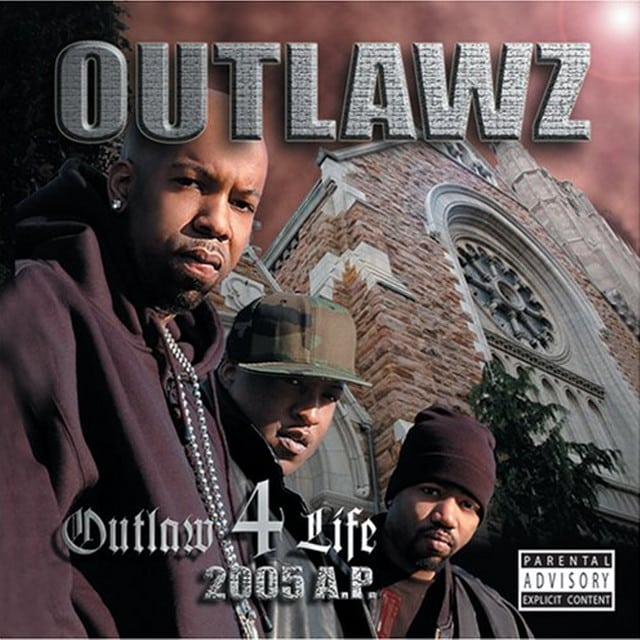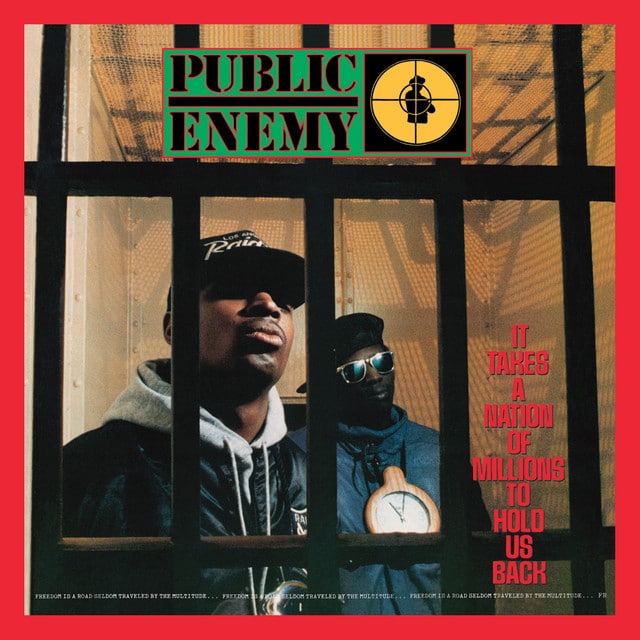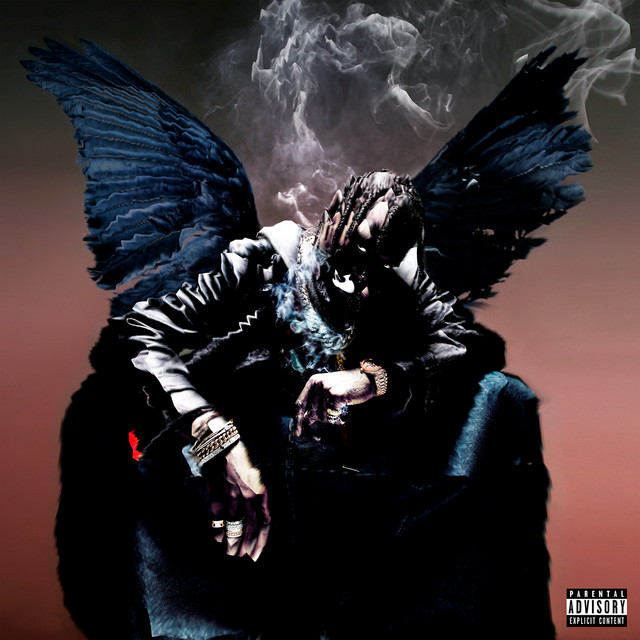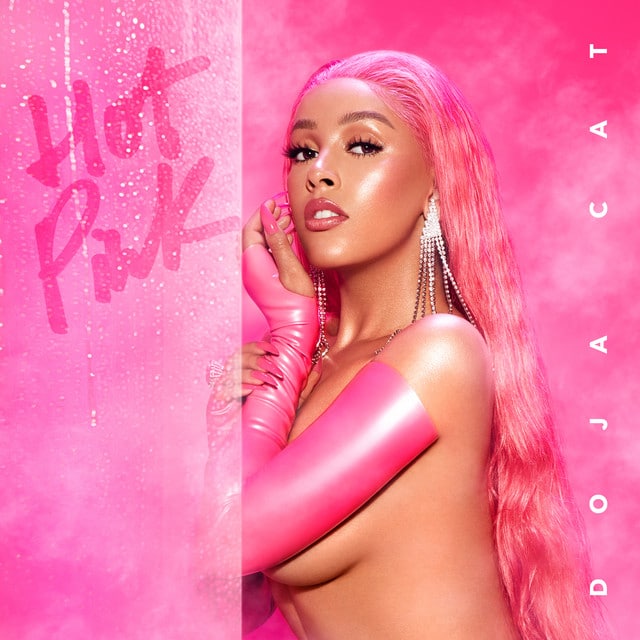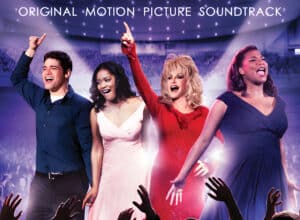Released: 2005
“Real Talk” by Outlawz channels the raw, unfiltered struggle for survival in the streets while grappling with fame and success. The song layers gritty themes of personal challenges and societal injustices with the group’s hardened resolve to stay real.
The opening lines set the stage for the Outlawz’s reality, a space where triumph and tragedy coexist. They talk about pushing a big truck on 24’s (a reference to driving a large vehicle with 24-inch rims – a sign of wealth), and it’s clear that their conspicuous display of wealth incites jealousy that sometimes leads to violence and loss, as shown in the line about their “nigga” getting shot.
The song continues to navigate the thin line between vulnerability and hardness, mentioning “Misery loves company,” an old adage suggesting that people who are unhappy may get some consolation from knowing that others are unhappy too. The Outlawz, however, are determined to rise above this, driven by a survival instinct that’s as fierce as the fighters in Pakistan – probably a reference to warriors or freedom fighters known for their resilience in the face of adversity.
Amid their quest for survival, the Outlawz also wrestle with themes of motherhood and upbringing. They acknowledge their mothers’ efforts in raising them, even as they’ve become G’s or gangsters. The phrase “mama, you didn’t raise no bitch” is a colloquial way of saying that they were raised to be strong and to fight back when challenged.
Their lyrics also explore the harsh reality of the rap game, mentioning the lack of raw talent and critiquing the industry (“Blame the machine”) for it. Using their street knowledge, they launch their own label, making their hustle legitimate and taking control over their craft. They establish their role as the “voice for the voiceless,” representing the struggle of individuals masked by society’s darkness.
The final verse is laced with a sense of resolute defiance. The lines “my mother ain’t made no sucker / Raised in the gutter, I’m a made mothafucka” underscore their pride in their upbringing and their rise from tough circumstances. The phrase “call me Cachy, you tennis, I’m hockey” establishes their unique identity in an industry often dominated by cookie-cutter personas.
By the end of “Real Talk,” the Outlawz have unapologetically painted a picture of their journey from the unforgiving streets to the top of the game, guided by the teachings of their mothers and their own ferocious grit.
